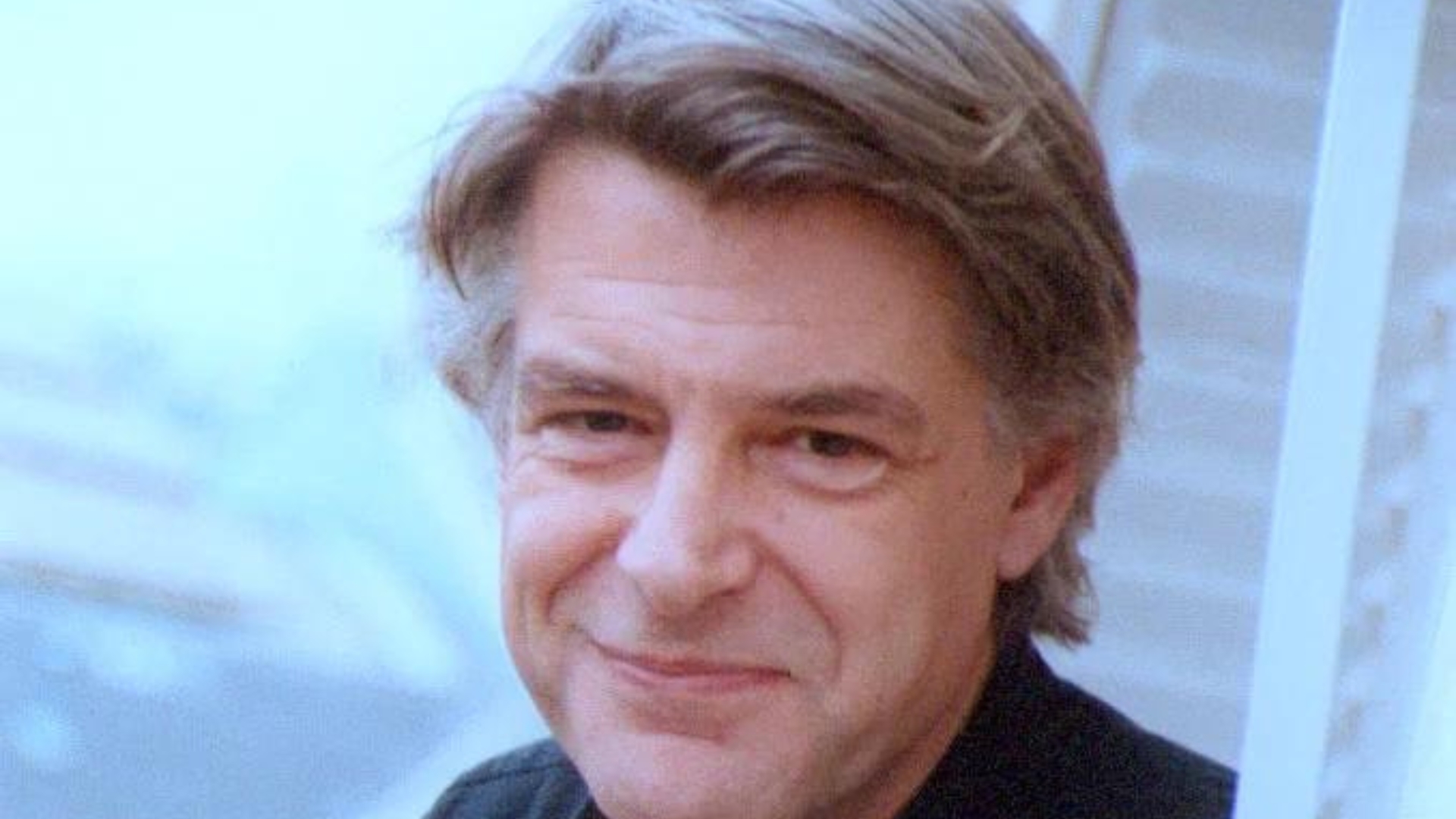Recitation and Conversations:
Georges Aperghis and his Contemporaries

The richly imaginative music-theatre and music of Greek-born composer Georges Aperghis is featured in staged productions, concerts and events over a three day festival at the Purcell Room, Southbank Centre, London, U.K.
Aperghis explores the human condition in all its complex expression and emotion, even language itself, which he renders into highly original music that blends gesture and sound by turns poignant, sophisticated, witty and disturbing though always moving and profound.
Programmed and led by Philip Headlam, the festival focusses on Aperghis’ work from the 1970s and 80s, a rich time for creativity in Paris and includes his contemporaries Pascal Dusapin, Tristan Murail and Claude Vivier as well as his mentor and friend, Iannis Xenakis.
An evening of music theatre works is directed by Annabel Arden, production design by Yvonne Kyriakides and features mezzo soprano Lore Lixenberg, soprano Rachel Shannon, baritone Richard Jackson, percussionist Chris Brannick, harpist Patrizia Meier, cellist Matthew Sharp, clarinetist Ian Stuart and actors Joz Houben and Simon McBurney, with Philip Headlam, pianist.
Chamber orchestra and ensemble music as well as chamber and solo pieces are performed by The Continuum Ensemble, conductor Philip Headlam with soloists including Mieko Kanno, violin, Guy Cowley, clarinet, Douglas Finch, piano, Karl Lutchmayer, piano, Marianne Hellgren, Fiona Rose and Marie Vassiliou, sopranos, Colin Currie, percussion and a special appearance by Aperghis’ close collaborator, Jean-Pierre Drouet, percussion.
Georges Aperghis
The Physiological Laugh, Recitations for cello (selections), Fidelité,
Il Gigante Golia, Recitations for female voice (selections) (all staged);
Les Septs Crimes de l’Amour, Parentheses
Tristan Murail
Memoires/Erosion
Pascal Dusapin
Iti, To God, Comoedia, If, In & Out, So Full of Shapes is Fancy
Iannis Xenakis
Evryali
Claude Vivier
Shiraz, Samarkand
Accompanying events include pre-concert talks led by Annette Moreau with Georges Aperghis and a small exhibition of music related prints and visual art that features selected music scores Aperghis.
“The scenarios are sometimes explicit, sometimes teasingly abstract; there’s a nervy humour about a great deal of it. The texts for the vocal works may be more or less coherent or use an invented polyglot language – Conversations for two voices create music out of the inflections of text, nothing more; the Recitations for female voice switch between comprehensible words and fractured syllables at dizzying speed. Speech is always mimicking music and vice versa; the boundaries are shifting all the time and nothing can be taken for granted.
If it’s hard to pin down Aperghis’ achievement and its place in the music of our time, it depends on the kind of stylish performances The Continuum Ensemble had prepared under its music director Philip Headlam. Annabel Arden had given a sharp continuity to the programme, interweaving it with the Recitations, performed by cellist Matthew Sharp and singers Lore Lixenberg and Rachel Shannon as if they known them all their lives. Patrizia Meier was the vituperative harpist in Fidelité while Joz Houben had the walk on, sit-down, say-nothing role of the object of her obsessions; Headlam himself was the timorous accompanist in The Physiological Laugh, Richard Jackson his overbearing partner. It’s a bold, imaginative project, wonderfully well realised.”
Guardian
